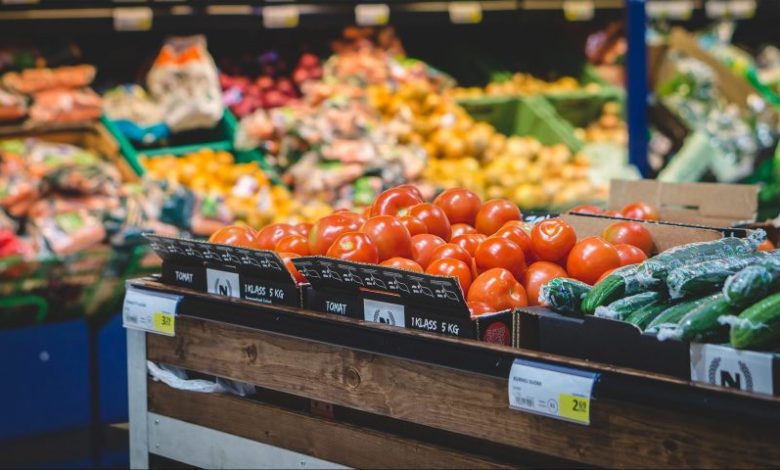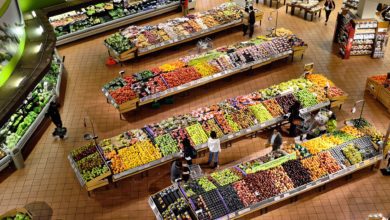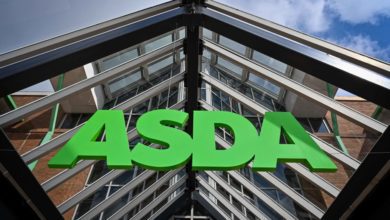Grocery sales fall 4% as pre pandemic habits return
Waitrose was the only grocer to increase sales in the past 12 weeks, with growth of 0.6%

Grocery sales fell by 4.0% during the 12 weeks to 8 August 2021 compared with the same time last year as consumers have started to return to pre-pandemic spending habits, according to the latest figures from Kantar.







